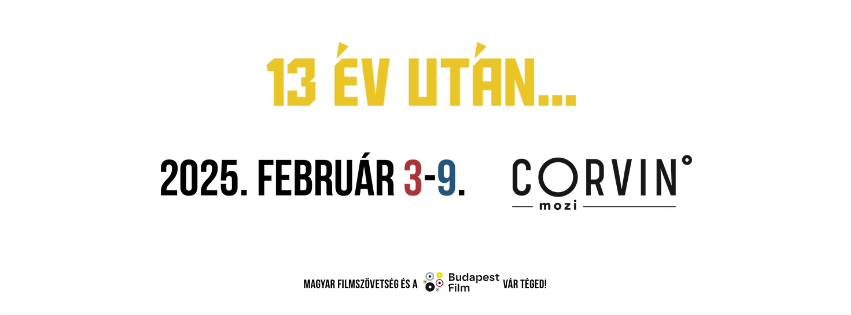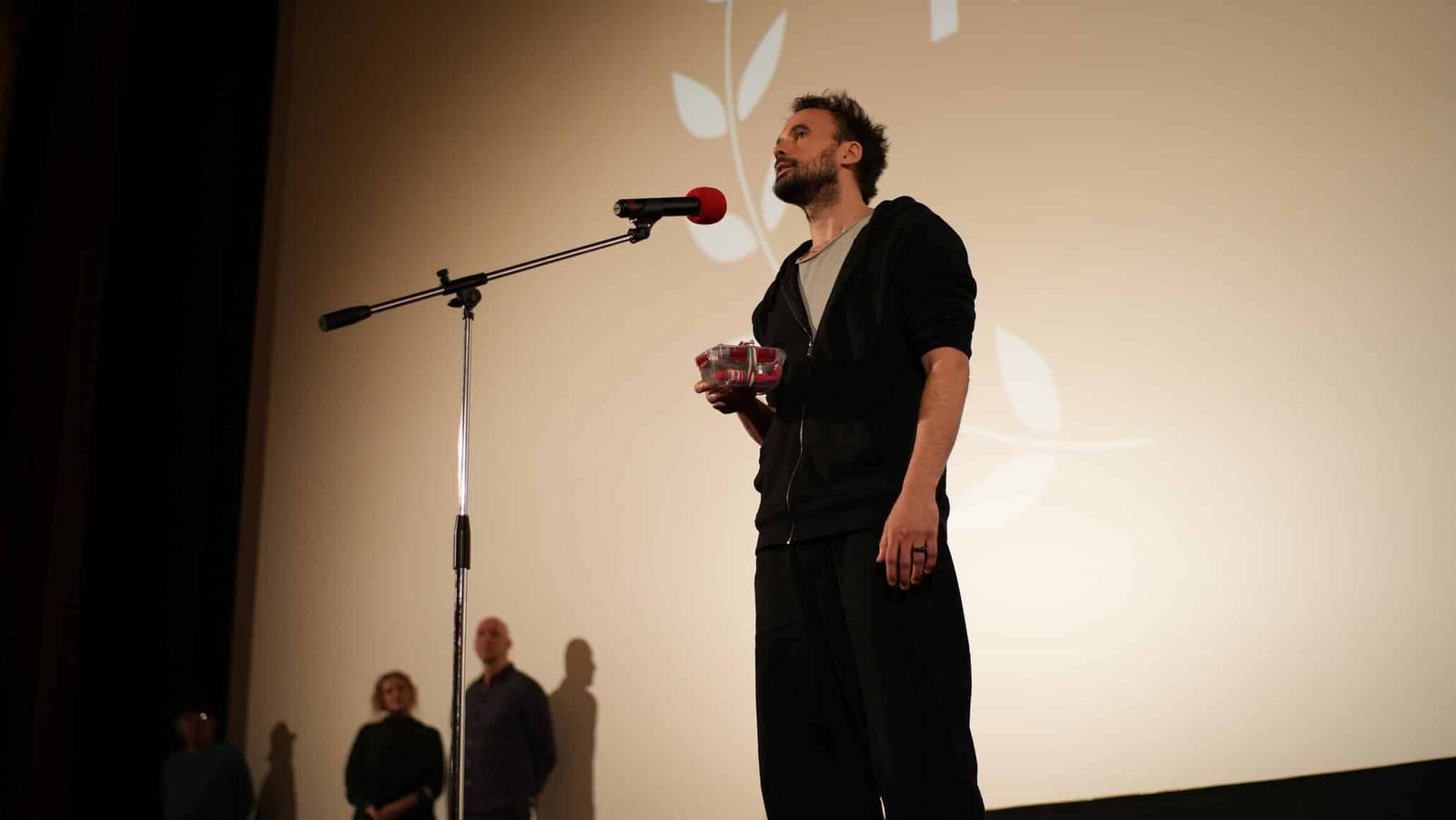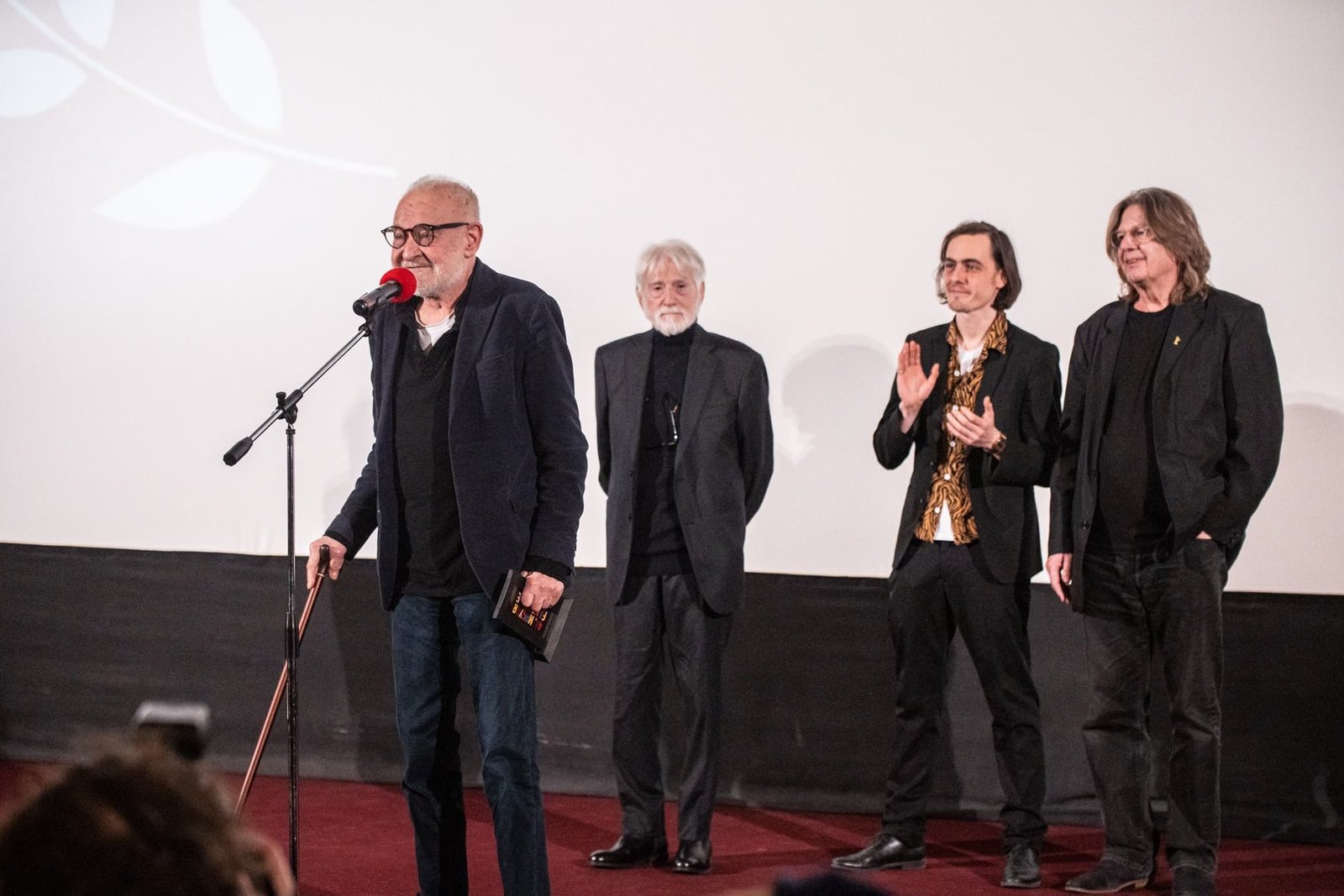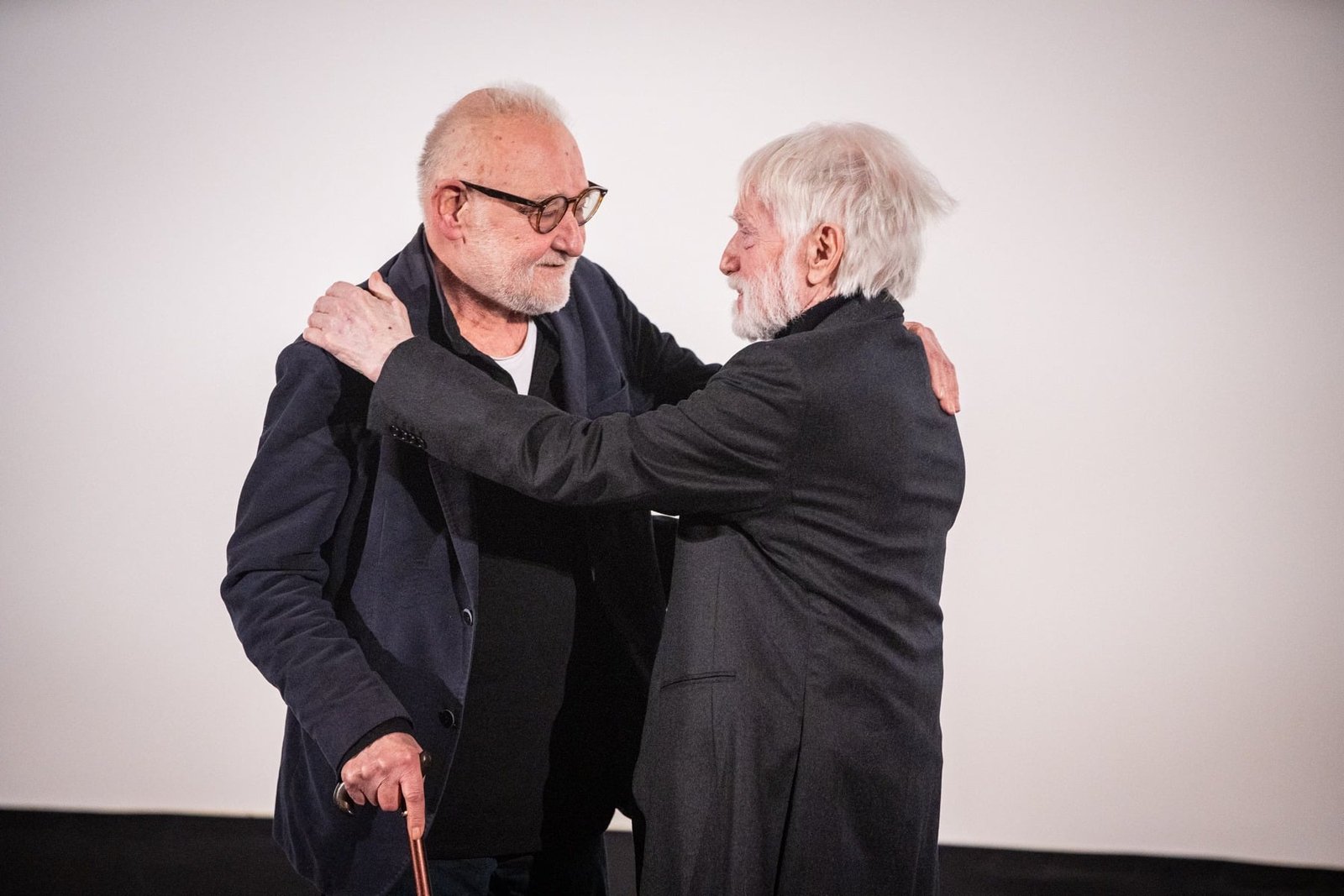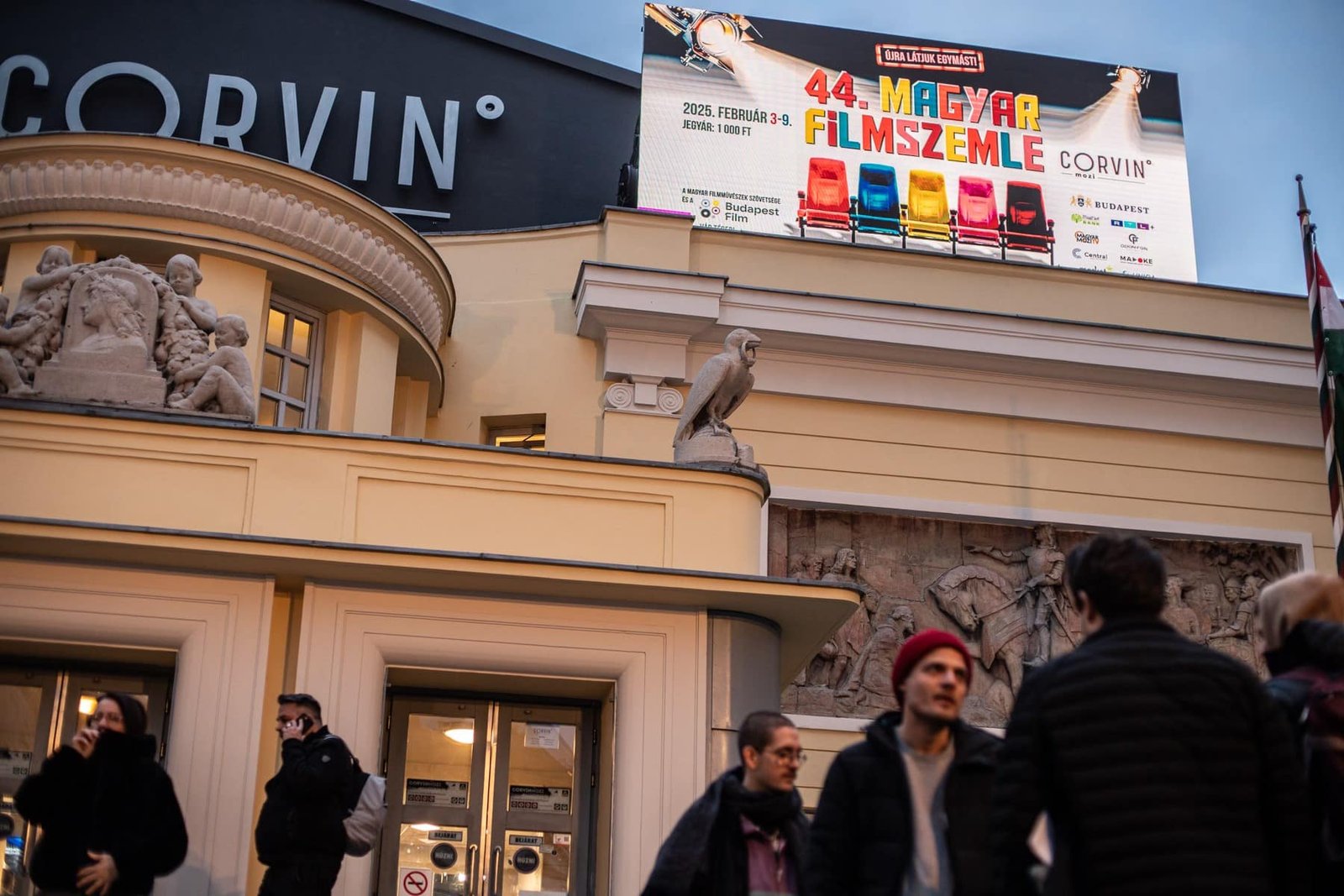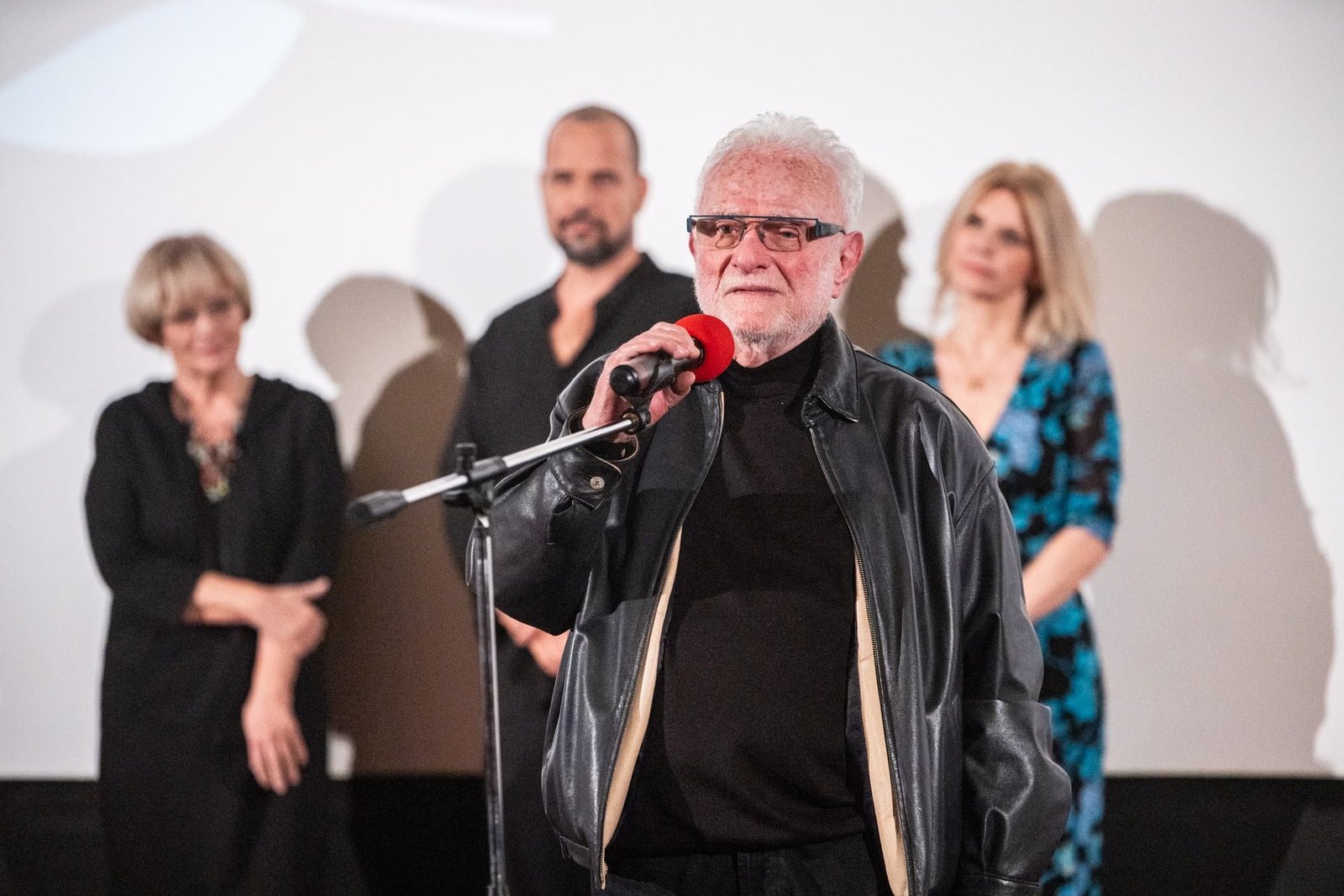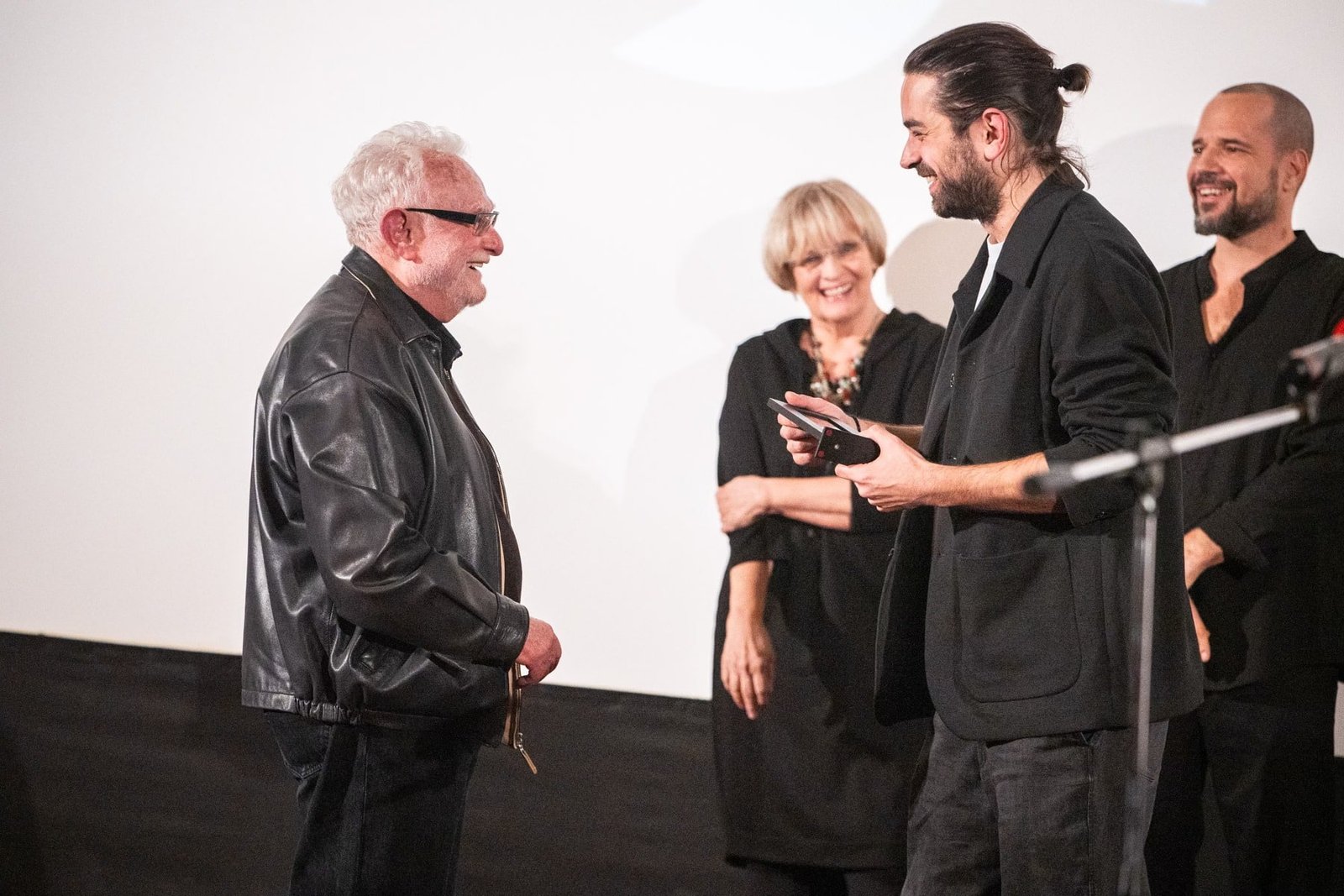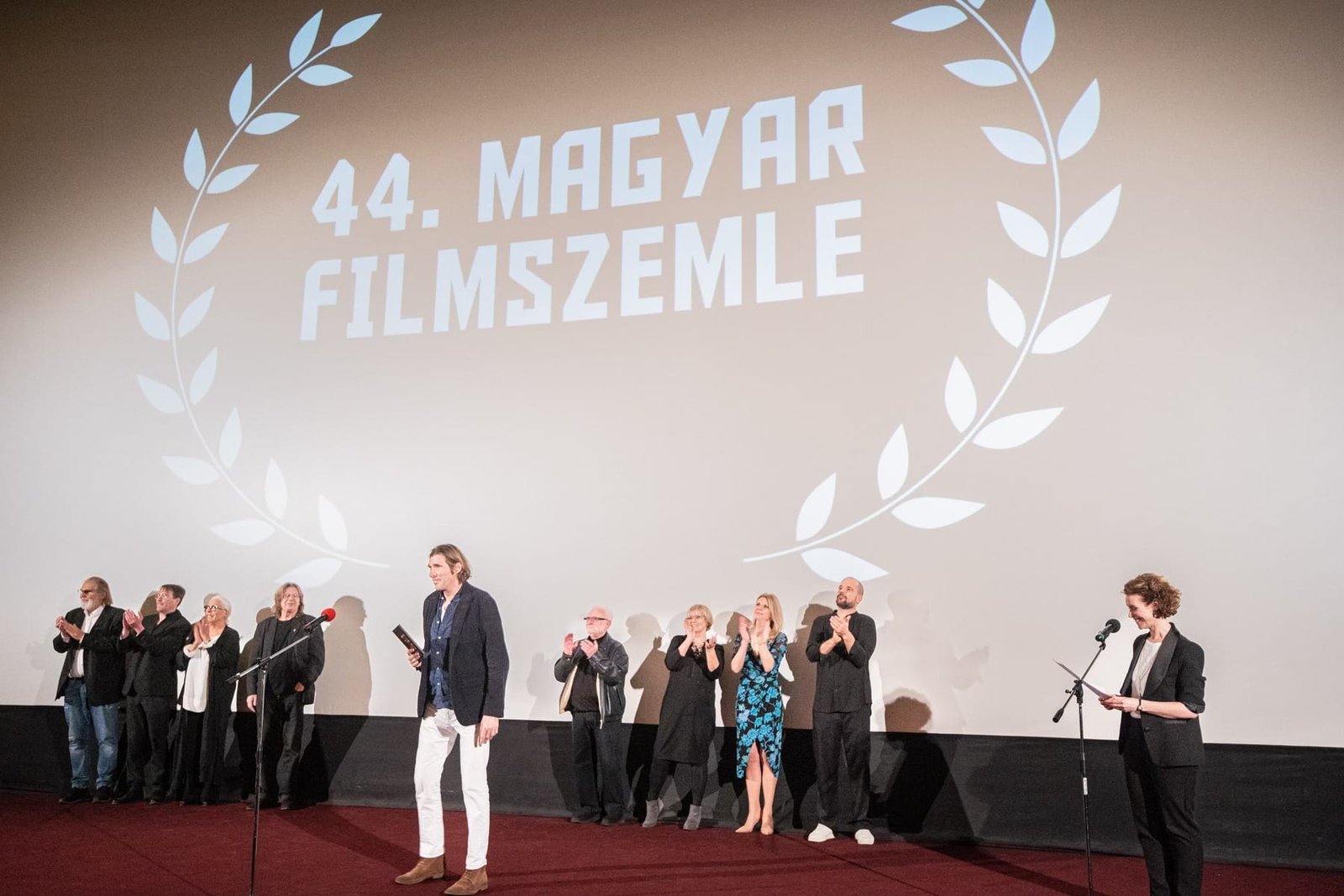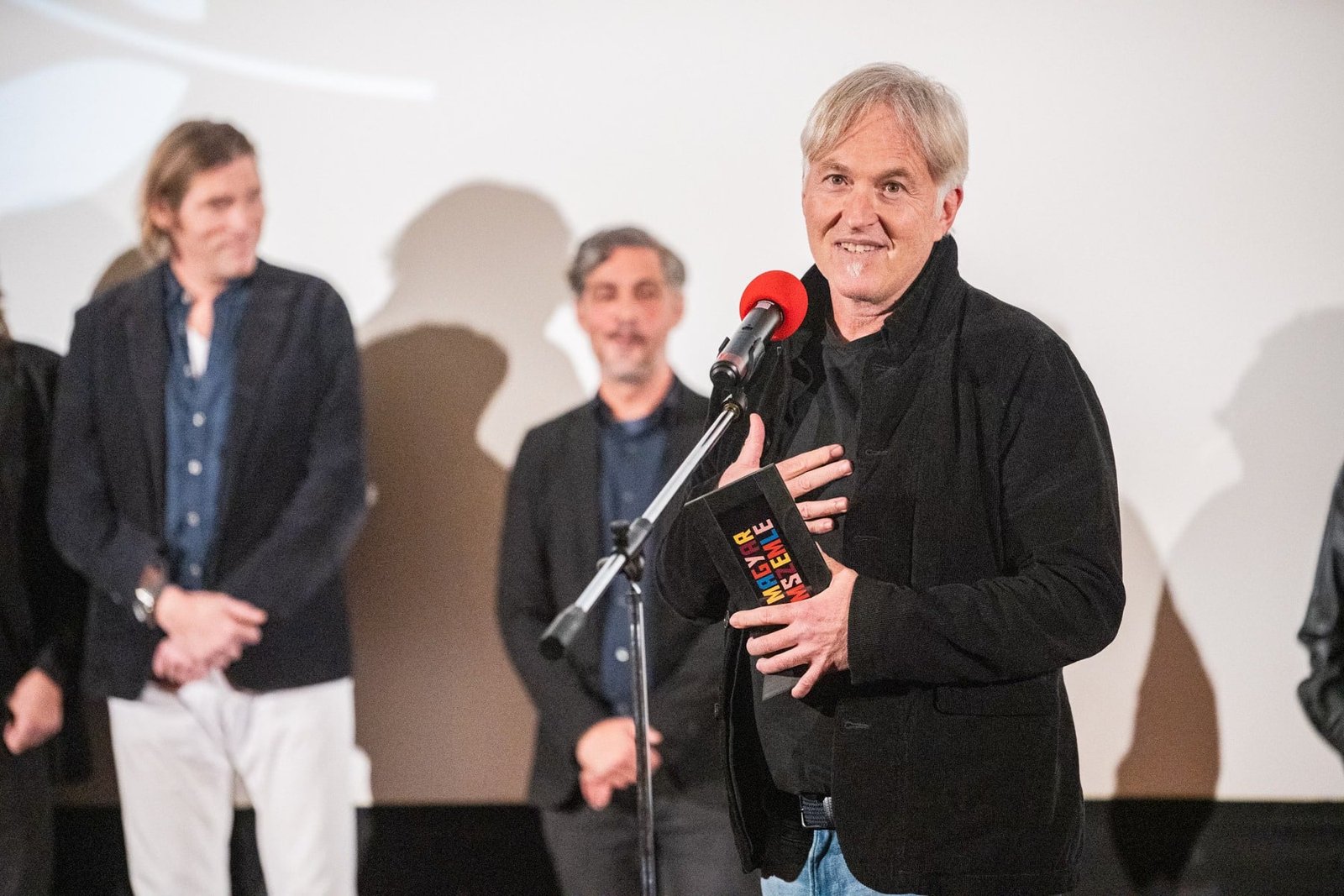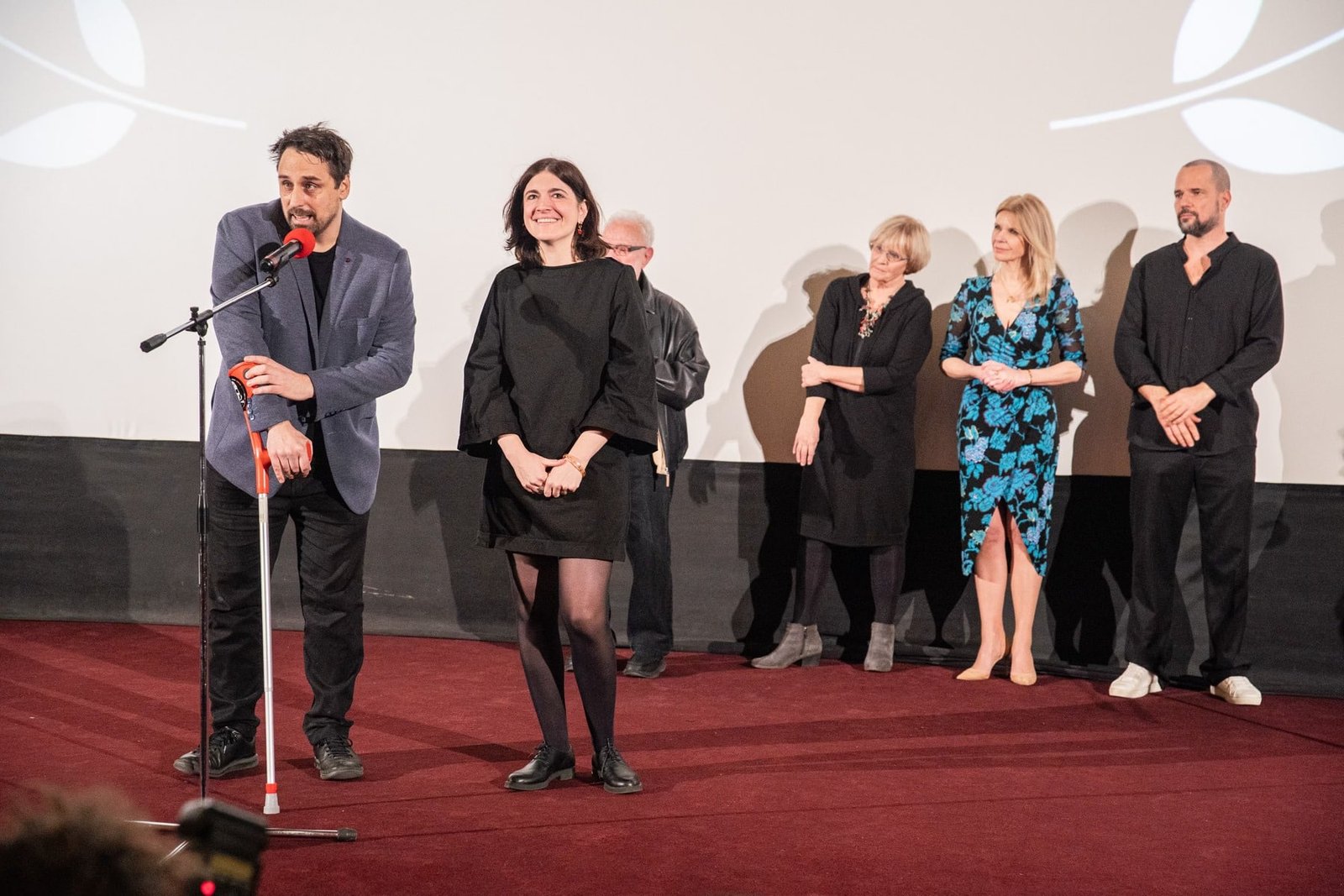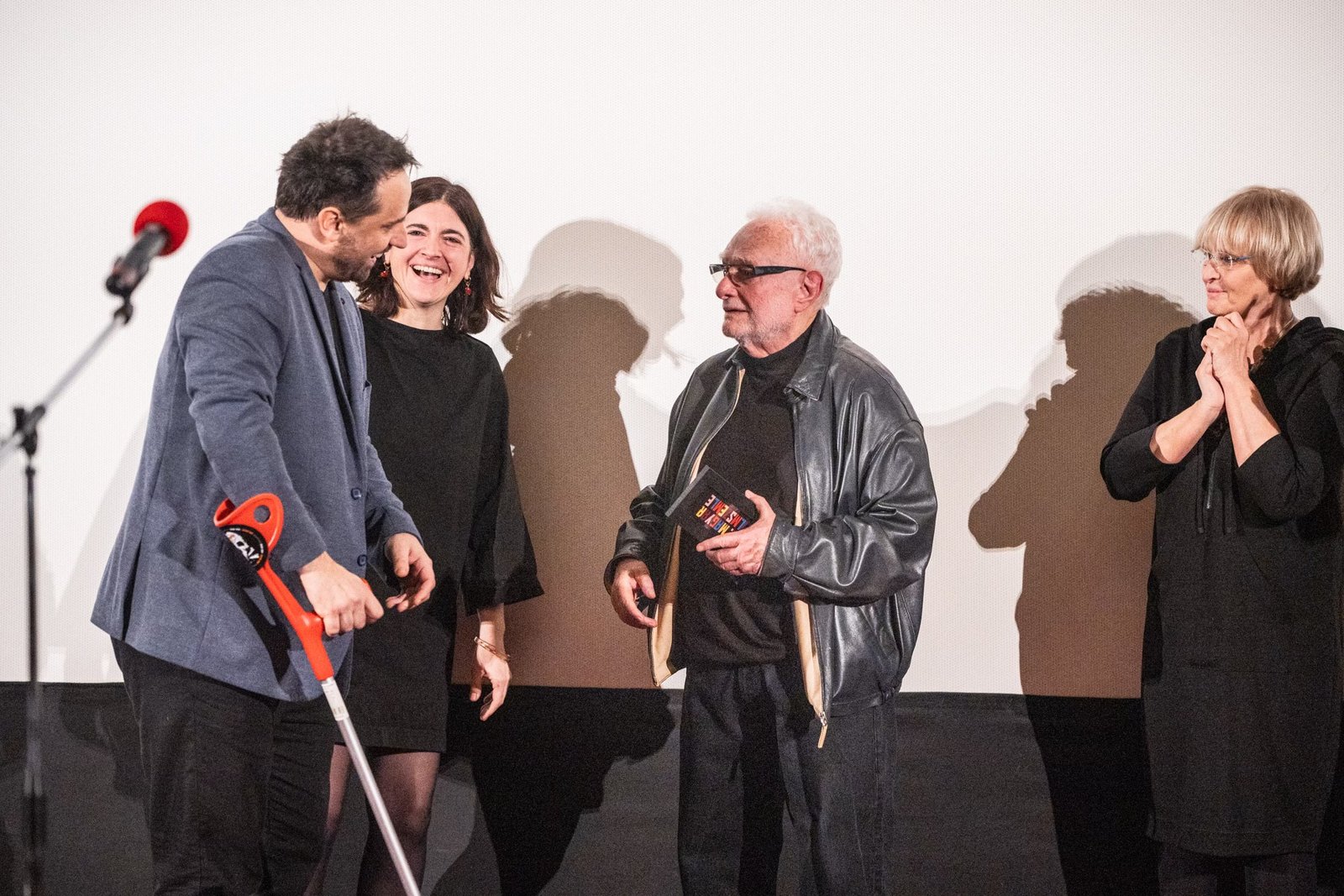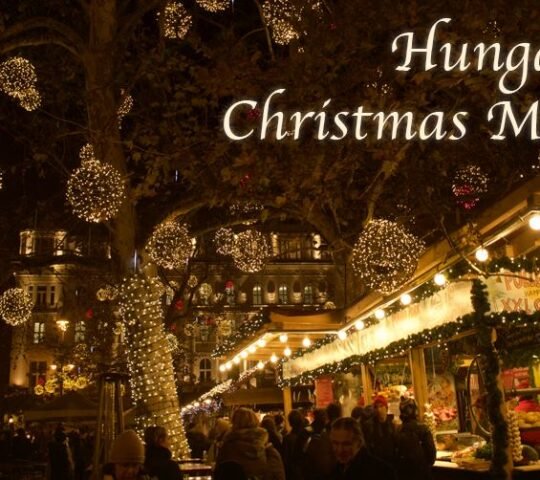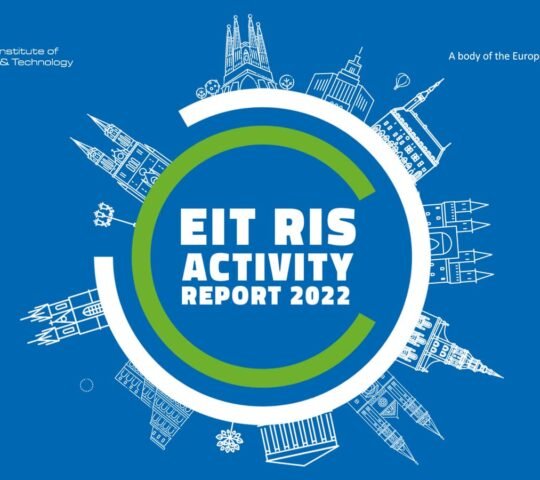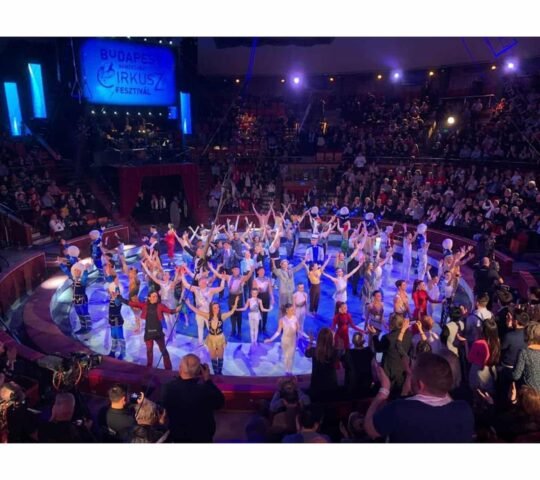Magyar Filmek Fesztiválja – Hungary 2026
Background & History
- Origins: Established in 1965 as the Hungarian Feature Film Review in Pécs, the festival, now known as Magyar Filmszemle (Hungarian Film Festival), was created to showcase Hungary’s annual feature film output, later expanding to include documentaries, shorts, animations, experimental films, and TV series.
- Cultural Significance: A cornerstone of Hungarian cinema, it promotes national filmmaking, celebrates emerging talents, and fosters dialogue between creators and audiences, reflecting Hungary’s rich cinematic heritage and its influence on European arthouse cinema.
- Evolution: Initially hosted in Pécs, it alternated with Budapest from 1976–1983, then became Budapest-based, aligning with the Berlin International Film Festival to boost global visibility; revived in 2025 after a 13-year hiatus under director Muhi András.
- Key Milestones: The inaugural 1965 event opened with György Hintsch’s Iszony; the 2025 revival reintroduced competitive awards in eight categories, including a new main prize, marking 60 years of celebrating Hungarian cinema.
- Global Impact: Films like Saul fia (Oscar-winner, 2016) and Fliegauf Bence’s Csak a szél (Berlinale Jury Prize, 2012) gained international acclaim through Filmszemle exposure, with 37 main prizes awarded from 1965–2011.
- Community Role: Attracts 10,000+ attendees, generates €500,000–€1 million for Budapest’s economy, and supports young filmmakers through platforms like the Inforg Stúdió, which debuted award-winning shorts in 2000.
- Revival Context: The 2026 edition (45th) builds on 2025’s success, emphasizing innovation with categories like experimental films and TV series, reflecting modern Hungarian storytelling trends.
Event Highlights
- Feature Film Competition: Showcases 8–12 new Hungarian feature films, judged by luminaries like Schell Judit and Fliegauf Bence, competing for the Main Prize, continuing the legacy of winners like Twenty Hours (1965).
- Short Film Program: Highlights 15–20 shorts, with past Inforg Stúdió successes like Before Dawn and Türelem, judged by experts like Durst György and Szilágyi Fanni.
- Documentary Showcase: Features 10–15 documentaries exploring Hungarian identity and social issues, curated by jurors like Hegedűs Péter and Balogh Rita, with films like Örökség: Egy halász története setting the standard.
- Animation and Experimental Films: Includes innovative works judged by Orosz István and Szemző Tibor, showcasing boundary-pushing animations (Candide) and avant-garde pieces, often exhibited at global festivals.
- TV Series Category: New focus on Hungarian TV productions, judged by Bodzsár Márk and Závorszky Anna, reflecting the rise of series like Aranyélet and Besúgó.
- Public Discussions: “Prosecution and Defense” sessions at Corvin Mozi, where directors defend their films against critics, with audience participation, held March 1–2, 2026.
- Awards Ceremony: Closing gala on March 3 at Corvin Mozi, presenting awards in eight categories, including Best Cinematography and Social Jury Prize, with live-streamed highlights.
- Workshops and Networking: Masterclasses with jurors like Erdély Mátyás (cinematographer, Saul fia) and screenings of restored Hungarian classics, fostering industry connections.
Date & Duration
- Dates: February 26 – March 3, 2026 (projected based on 2025’s February revival and alignment with Berlinale).
- Duration: 6 days, with screenings from 10:00 AM–10:00 PM daily, discussions in mornings, and gala on the final evening.
- Key Schedule: Opening screening February 26; short/documentary focus February 27–28; feature films March 1–2; awards ceremony March 3.
Venue / Location
- City: Budapest, Hungary, a cinematic hub with historic theaters and a vibrant arthouse scene, hosting international festivals like Anilogue.
- Main Venue: Corvin Mozi (Corvin Cinema), a historic arthouse theater in Budapest’s District VIII, central for screenings and gala events.
- Secondary Venues: Toldi Mozi and Művész Mozi for parallel screenings; Uránia National Film Theatre for restored classics; Budapest Film Academy for workshops.
- Notable Areas: Corvin-negyed for cultural events; nearby József körút for dining and networking; Danube promenade for festival pop-ups.
- Google Maps Address: Corvin Mozi, Corvin köz 1, 1082 Budapest, Hungary (47.4857° N, 19.0732° E) – primary festival hub.
Ticket Information
- Ticket Sales: Available online at mfszemle.hu, at Corvin Mozi box office, or via email (corvin@mfszemle.hu); early bird until January 2026.
- Pricing: Single screening $5–$10 USD (€5–€9); festival pass $55–$88 USD (€50–€80) for all screenings; gala tickets $22 USD (€20).
- Minimum Pricing: $5 USD (€5, single matinee screening).
- Maximum Pricing: $88 USD (€80, full festival pass with gala access).
- Packages: Day pass ($16 USD/€15) for 3–5 screenings; student/senior concessions ($3 USD/€3 per ticket); free for press with accreditation.
- VIP Options: Premium pass ($110 USD/€100) includes gala seating, juror meet-and-greets, and priority screening access.
- Submission Fees: Film entries $11–$33 USD (€10–€30) via nevezes@mfszemle.hu, deadline January 15, 2026.
- Note: Tickets sell out quickly; newsletter subscribers get priority access; check mfszemle.hu for updates on cancellations.
Contact Information
- Email: igazgato@mfszemle.hu (Director, Muhi András); szemletanacs@mfszemle.hu (Festival Council); iroda@mfszemle.hu (organizers); nevezes@mfszemle.hu (submissions); press@mfszemle.hu (Molnár Krisztina); corvin@mfszemle.hu (venue inquiries); mfszemle.social@gmail.com (social media).
- Phone: Not listed; email preferred for inquiries.
- Website: https://mfszemle.hu (programme, tickets, submission guidelines).
- Social Media: @magyarfilmszemle2025 (Facebook, Instagram, TikTok for trailers and live updates).
- Key Staff: Muhi András (Director), Pataki Ágnes, Csutak Tamás, Kovács Gábor, Liszka Tamás (Council); Molnár Krisztina (Press).
- Press/Volunteers: Press accreditation via press@mfszemle.hu; volunteer applications (ushers, tech) open December 2025 via iroda@mfszemle.hu.
- Response Time: 24–72 hours for email; social media replies within 12 hours.
- Language Support: Hungarian, English; some screenings with French subtitles.
Cultural Experience
- Hungarian Cinema Legacy: Showcases films rooted in Hungary’s arthouse tradition, from Jancsó’s My Way Home (1965) to modern works like Saul fia, celebrating narrative depth and visual innovation.
- Emerging Talent Focus: Highlights young directors via shorts and Supernova-like platforms, with past Inforg successes (Kakukk, Citromfej) shaping global festival circuits.
- Interactive Discussions: “Prosecution and Defense” sessions revive 1965’s format, engaging audiences as witnesses in debates, fostering a unique cinematic dialogue.
- Budapest’s Cinematic Scene: Screenings in historic theaters like Corvin Mozi connect to Hungary’s film history, with pop-up events along the Danube adding urban flair.
- Multicultural Themes: Documentaries and experimental films explore identity, trauma, and social justice, resonating with Hungary’s diverse cultural narratives.
- Community Engagement: Free public screenings of restored classics and Q&A sessions with jurors like Sándor Pál enhance accessibility and education.
Food & Drinks
- Gulyás: Traditional Hungarian beef stew, served at Corvin-negyed restaurants ($8–$12 USD).
- Lángos: Fried dough with sour cream and cheese, available at festival food stalls ($4–$6 USD).
- Pogácsa: Savory scones, a quick snack near Toldi Mozi ($2–$3 USD).
- Tokaji Wine: Hungary’s famous sweet wine, offered at gala receptions ($5–$8 USD per glass).
- Töltött Káposzta: Stuffed cabbage rolls, a local favorite at nearby eateries ($6–$10 USD).
- Non-Alcoholic Options: Szódavíz (soda water) and elderflower syrup drinks at pop-up bars ($2–$4 USD).
Getting There
- Nearest Airport: Budapest Ferenc Liszt International Airport (BUD, 20 km from center), with shuttles to Deák Ferenc tér ($5 USD, 30 minutes).
- Public Transport: Metro M3 to Corvin-negyed ($1.50 USD, 10 minutes from city center); trams 4/6 to Corvin köz ($1.50 USD); buses 9/15 to venue.
- Trains: Eurostar/IC from Vienna/Munich to Budapest-Keleti ($20–$50 USD, 2–3 hours), then metro to Corvin.
- Taxis/Rideshare: Taxis from BUD ($25–$35 USD); Bolt for city rides ($4–$8 USD).
- Parking: Paid lots near Corvin Mozi ($10–$15 USD/day); free street parking limited.
- Walking: Corvin Mozi to Toldi/Művész 15–20-minute walk via József körút; festival app provides maps.
- Accessibility: All venues wheelchair-accessible; free transport for children under 6.
Accommodation Options
- Luxury: Kempinski Hotel Corvinus (central, near Danube, $200–$350 USD/night).
- Mid-Range: K+K Hotel Opera (near Corvin, modern, $100–$150 USD/night); Mercure Budapest Castle Hill ($80–$120 USD/night).
- Budget: Ibis Budapest City ($50–$80 USD/night); Airbnb in District VIII ($40–$70 USD/night).
- Boutique: Aria Hotel Budapest (music-themed, $130–$200 USD/night); Bohem Art Hotel ($90–$140 USD/night).
- Hostels: Maverick City Lodge (central, dorms $20–$40 USD/night); Flow Hostel ($15–$30 USD/night).
- Rural Stays: Normafa Hotel (Buda Hills, 10 km out, $60–$100 USD/night).
Maps
Contact
FAQ's
When does the 45th Magyar Filmszemle take place, and what are the main events?
February 26–March 3, 2026, features feature film, short, documentary, animation, experimental, and TV series competitions, public “Prosecution and Defense” discussions (March 1–2), and an awards gala (March 3) at Corvin Mozi.
How can I purchase tickets or submit films for the festival?
Tickets ($5–$88 USD) via mfszemle.hu or Corvin Mozi box office; film submissions ($11–$33 USD) via nevezes@mfszemle.hu by January 15, 2026; festival pass ($55–$88 USD) for full access.
What types of films are showcased, and who judges them?
Features, shorts, documentaries, animations, experimental films, and TV series; judged by panels like Schell Judit (features), Durst György (shorts), Hegedűs Péter (documentaries), and Orosz István (animations), ensuring diverse expertise.
How do I get to Corvin Mozi, and is it accessible?
Fly to BUD Airport ($5 USD shuttle); Metro M3 or trams 4/6 to Corvin-negyed ($1.50 USD); venues wheelchair-accessible; walking maps on festival app; parking $10–$15 USD/day.
Are there opportunities for networking or free events?
Free restored classic screenings and Q&As; workshops with jurors like Erdély Mátyás; “Prosecution and Defense” open to public; press and industry networking via press@mfszemle.hu accreditation.

